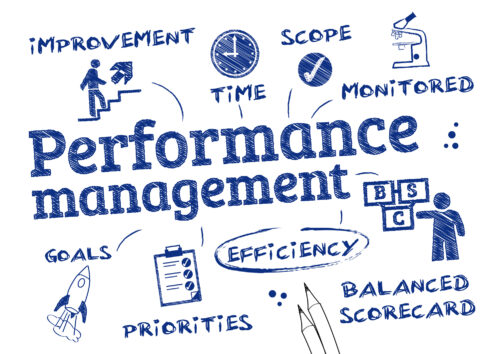Patient recall, the process of encouraging patients to return for routine check-ups, is vital for healthcare practices. This guide explores the importance of patient recall, effective reminder strategies, and best practices to boost patient engagement and optimize your practice’s success. Why Patient Recall Matters Patient recall offers numerous benefits for both patients and healthcare providers. Here’s a breakdown of the key advantages:
- Enhanced Patient Outcomes: Regular check-ups allow for early disease detection and proactive treatment plans, ultimately improving patient health.
- Improved Patient Retention: Consistent communication and appointment reminders foster stronger patient-provider relationships, leading to higher retention rates.
- Reduced Patient Acquisition Costs: Recalling existing patients is significantly more cost-effective than acquiring new ones.
A study published in the Journal of General Internal Medicine (link to the study: https://www.ncbi.nlm.nih.gov/pmc/articles/PMC3183102/) highlights the financial impact of patient recall. A primary care practice implementing a recall system witnessed a significant revenue increase: 20% increase from office visits 33% increase from preventive services Patient Acquisition vs. Patient Retention Patient acquisition focuses on attracting new patients, while patient retention prioritizes building long-term relationships with existing ones. Effective patient recall is central to patient retention by promoting: Regular appointments Ongoing care Preventive measures Strong communication Relationship building This fosters patient satisfaction and loyalty, ultimately leading to a thriving practice. Strategies for Effective Patient Recall Here are key strategies to implement a successful patient recall program:
- Schedule Appointments Proactively: Before patients leave, schedule their next appointment. Confirm the date and time to ensure it’s on their calendar.
- Implement Reminder Systems: Utilize a multi-step approach:
- Confirmation text/reminder upon scheduling
- Reminder two weeks before the appointment
- Final reminder 24 hours in advance
- Choose Effective Communication Channels: Consider text messages, emails, and phone calls. Ask patients about their preferred method and leverage software that supports omni-channel communication.
Personalizing Recall Messages Segmenting recall messages based on appointment type adds a personal touch: General messages: Suitable for annual checkups. Specialized messages: Tailored to a patient’s specific treatment plan. For instance, a patient undergoing a three-month treatment with four visits could receive reminders detailing the next treatment step. Leveraging Panel Management Panel management proactively identifies patients with unmet healthcare needs and ensures they receive the necessary care. Here’s how it works:
- Identify Patients: Through data analysis and patient records, healthcare providers pinpoint individuals who require specific checkups or preventive procedures.
- Personalized Outreach: Once patients are identified, healthcare providers use reminders, phone calls, or other communication methods to inform them about the required care and schedule appointments.
By implementing panel management, healthcare providers demonstrate a commitment to patient care, fostering stronger relationships and improved recall rates.
A Comparative Analysis of Patient Recall Communication Channels
| Channels/Features | Pricing | Delivery time | Response Rate | Effectiveness |
| Texting | $0.02 (approx) | Instant | 45% | High |
| Phone | $0.25/ minute (approx) | Instant | 70% | High |
| Free | Instant | 6% | Medium |

















